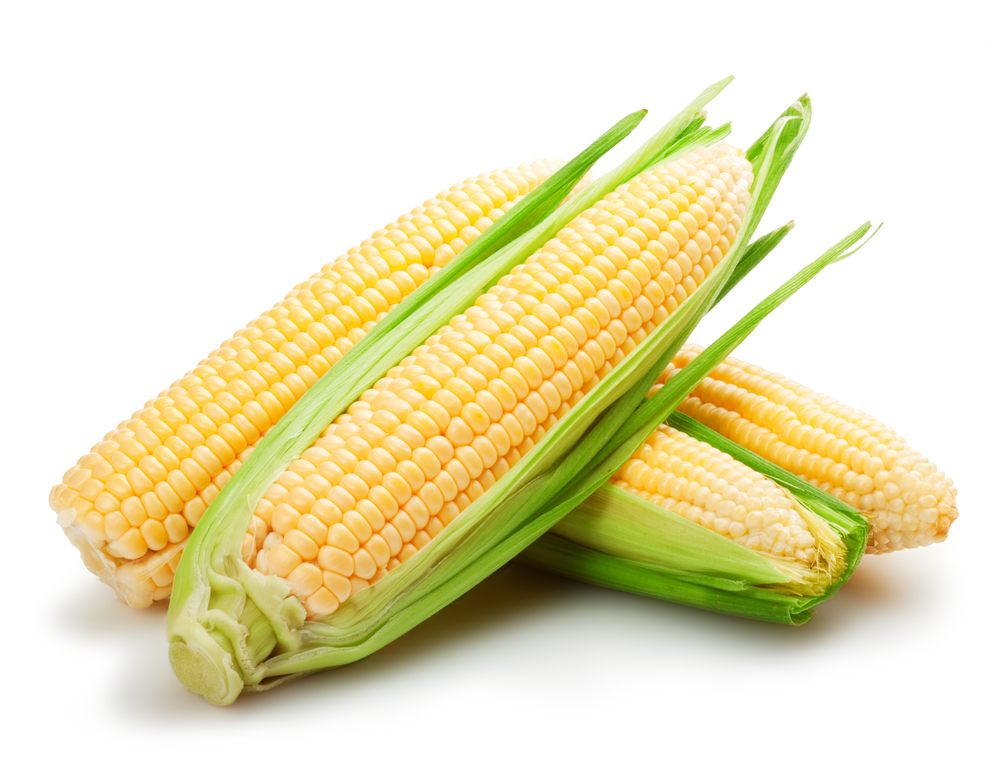The Foods, They Are a Changin': Know What You're Eating

You probably wouldn't be too surprised to hear that our food supply has drastically changed since the 1950s, but still, the changes are not always obvious. For example, an ear of corn sold today at the supermarket probably doesn't look much different from what would have been sold 60 years ago, but it might be different — very different, in fact.
Perhaps you have heard the fuss about Genetically Modified Organisms. GMos are plants or animals that have been created with gene-splicing techniques or genetic engineering. According to the WorldWatch Institute, corn accounts for 31 percent of all genetically modified crops.
So, there's a good chance that corn you're buying at the grocery store has been genetically modified in some way. It's not usually obvious, though. There is no law that requires food to be labeled as GMO, so to the naked eye, it just looks the same old corn you grew up eating at every barbecue.
The GMO topic isn't a new one. It is something that has been discussed quite a bit in recent months, and thankfully so. We have a right to know what we're eating, which brings me to a more timely discussion: Milk.
In March, the National Milk Producers Federation petitioned to allow sweetened milk to be labeled simply as milk. If the NMPF gets its way, thousands of Americans will unknowingly ingest sweeteners in their morning coffee. The milk will look the same, and it will labeled the same way, so who would guess? The foods, they are a changin'.
So what can we do to protect our food supply from a profit-driven manufacturing processes? Here are some tips:
- Follow the news – Continue following blogs and health news sites, such as this one, to say abreast of what's going on in the industry. Changes may not be listed on food packages, but that doesn't mean you can't stay informed.
- Consider non-GMO Foods – The jury is still out on whether GMO foods are good or bad for your health, but if you don't feel comfortable eating corn that may share genes with an animal or another type of plant, look for the non-GMO label. Foods that get the "Non-GMO" label have not been genetically engineered or modified in any way.
- Avoid processed foods – It's much more difficult to know exactly what you're eating when the ingredient list for one meal is a mile long. Unless otherwise listed, processed foods are likely to contain products, such as soy or corn, that have been genetically engineered.
Healthy Bites appears on MyHealthNewsDaily on Wednesdays. Deborah Herlax Enos is a certified nutritionist and a health coach and weight loss expert in the Seattle area with more than 20 years of experience. Read more tips on her blog, Health in a Hurry!
Get the world’s most fascinating discoveries delivered straight to your inbox.


